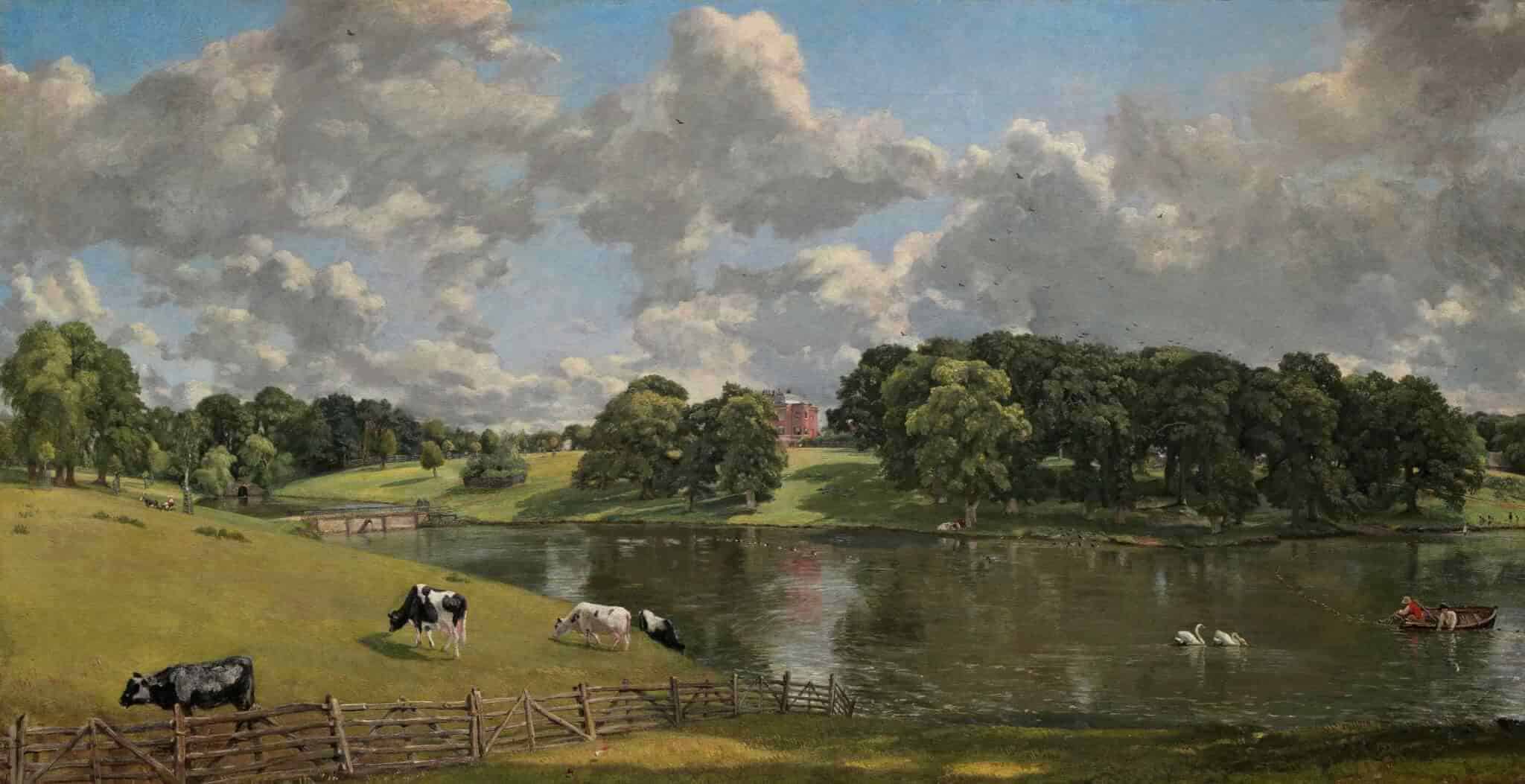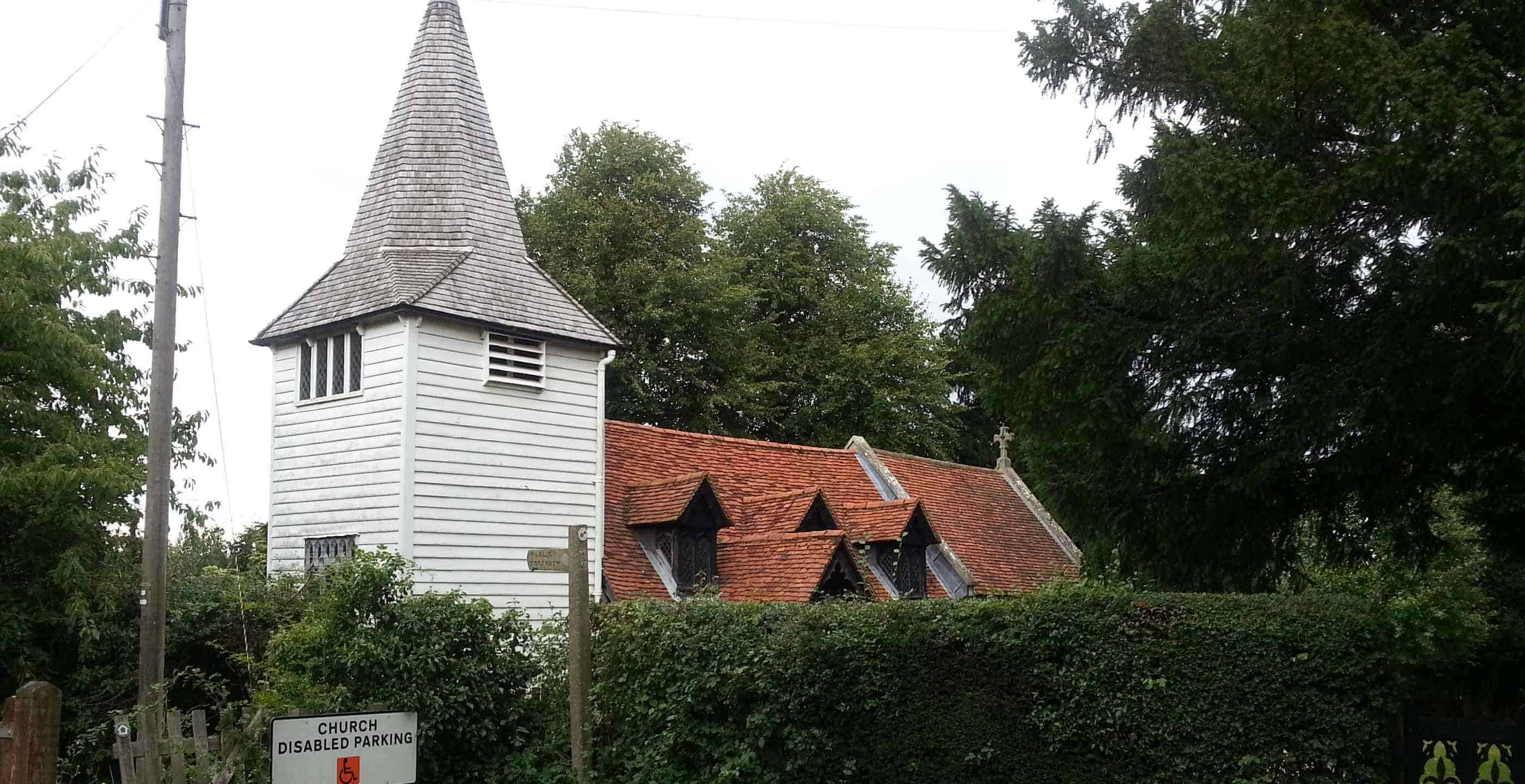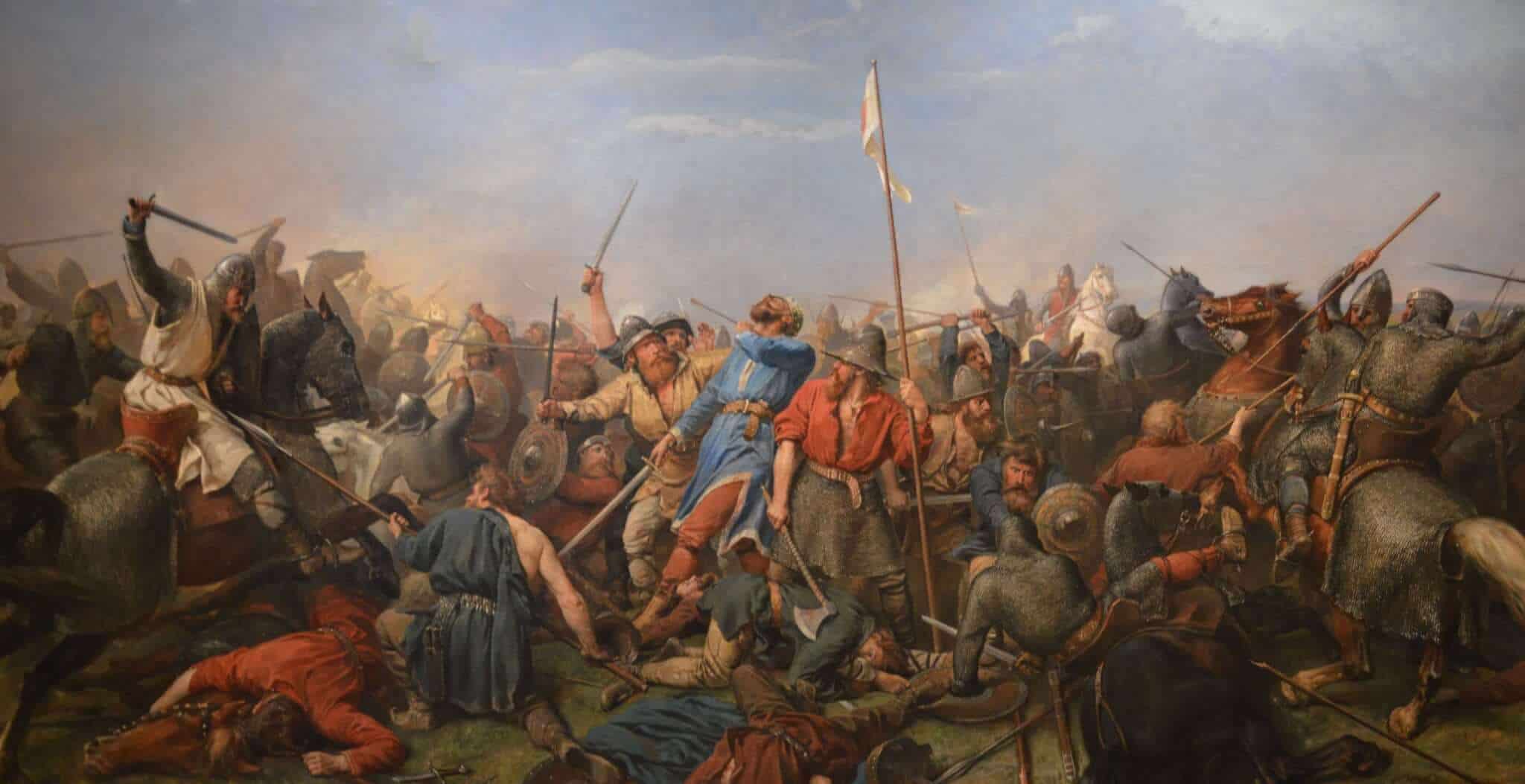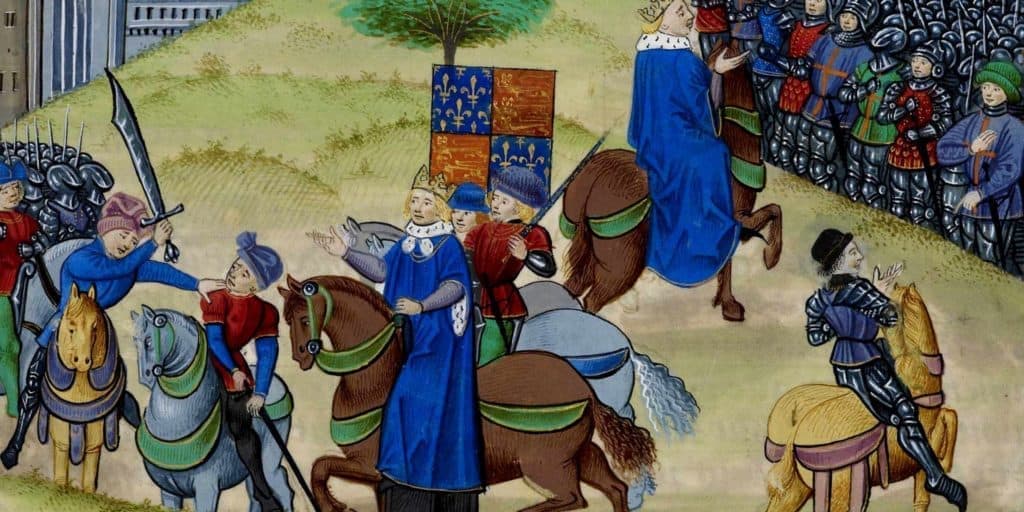Facts about Essex
![]() Population: 1,729,000
Population: 1,729,000
![]() Famous for: Being the oldest county in England
Famous for: Being the oldest county in England
![]() Distance from London: 30 mins – 1 hour
Distance from London: 30 mins – 1 hour
![]() Local delicacies: Fresh oysters, Essex shortcakes
Local delicacies: Fresh oysters, Essex shortcakes
![]() Airports: Stansted
Airports: Stansted
![]() County town: Chelmsford
County town: Chelmsford
![]() Nearby Counties: Suffolk, Cambridgeshire, Hertfordshire, Kent, Greater London
Nearby Counties: Suffolk, Cambridgeshire, Hertfordshire, Kent, Greater London
Welcome to Essex! Despite all the jokes, Essex has much to offer the visitor. With its close proximity to London, it is the perfect destination for a weekend break. Discover the county’s 350 miles of stunning coastline. As well as lively seaside resorts such as Clacton-on-Sea and Southend-on-Sea, you will find quieter coastal villages like genteel Frinton-on-Sea with its colourful beach huts.
Discover Essex’s historic past. Visit Roman Colchester, Britain’s oldest recorded town and home to the largest Norman keep in all of Europe at Colchester Castle. Or take the family to see Hedingham Castle with its lovely gardens and 110ft tall Norman keep. You can also travel back in time to 1066 with a visit to Mountfitchet Castle and Norman Village, a great day out for all the family.
Don't miss Layer Marney Tower near Colchester. This is the tallest Tudor gatehouse in England and was visited by Henry VIII. Essex is also home to one of England's grandest stately homes, Audley End House, a stunning Jacobean mansion near Saffron Walden.
The Essex countryside is perfect for walkers. The Essex Way crosses the county from south-west to north-east, and there are many smaller countryside trails and coastal walks to choose from. The countryside is dotted with market towns and villages, and there are many cosy country inns and pubs to stop at and sample the local fare such as asparagus, oysters and "Little Scarlet" strawberries.
In a tradition over 400 years old, the small sweet buns known as Harwich kitchels are traditionally thrown by the new mayor of Harwich from the balcony of the historic Guildhall to the town’s children.





